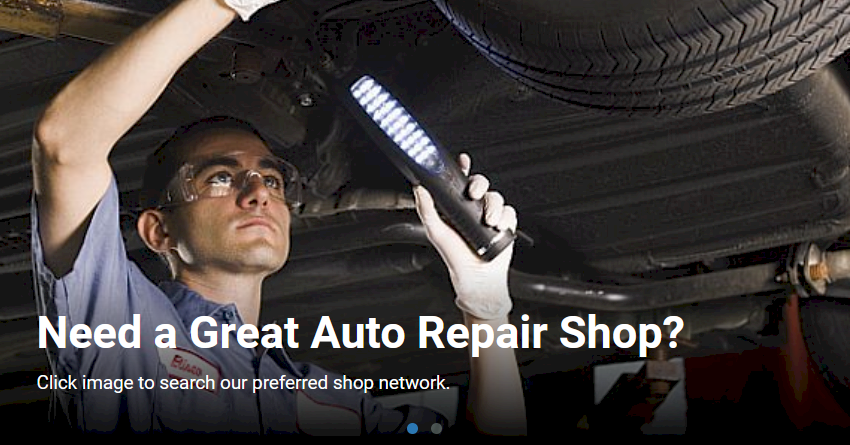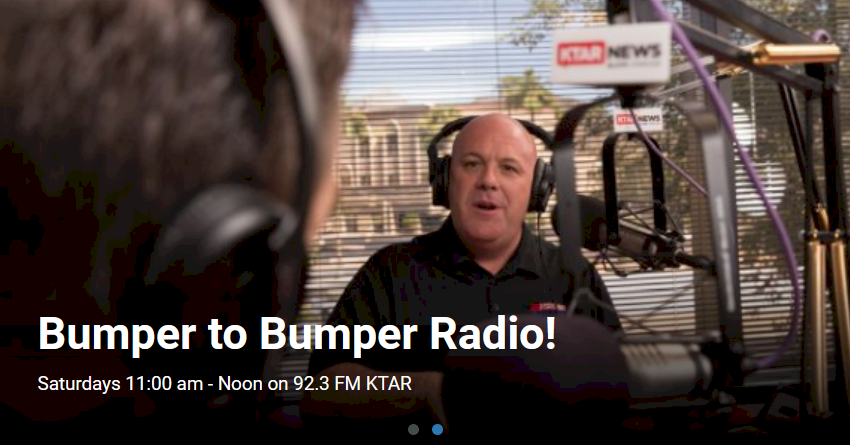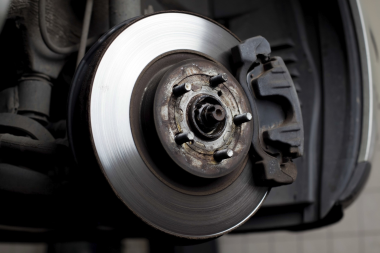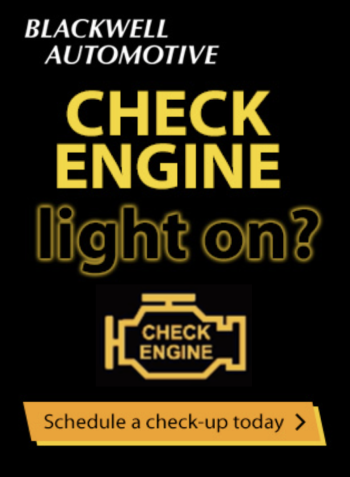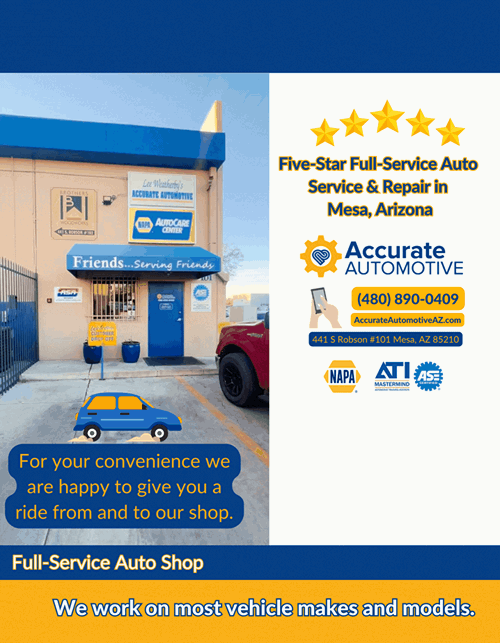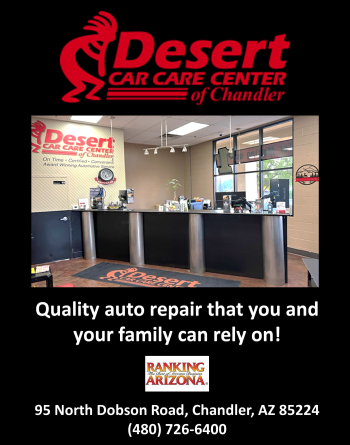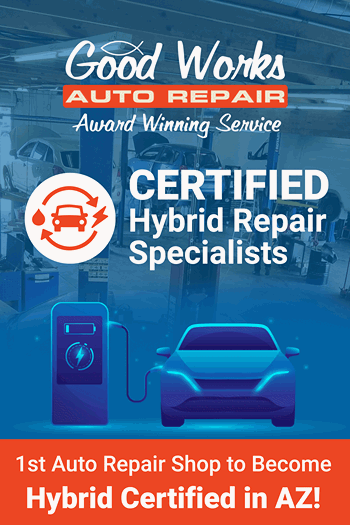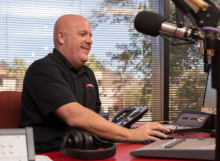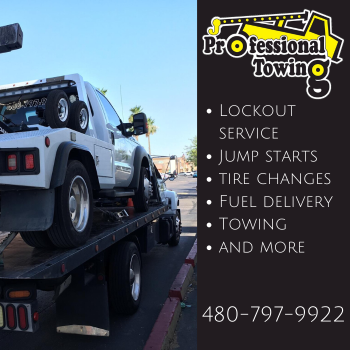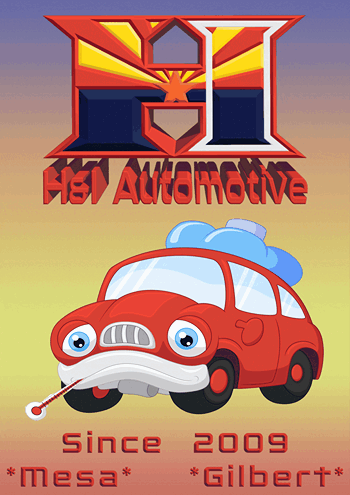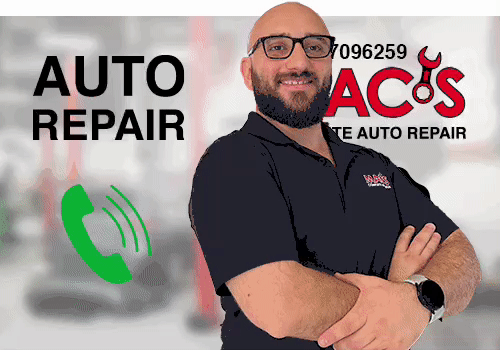Worn Out Brake Pads
Brakes come in two types, drum brakes and disc brakes. The brake pads in a disc brake squeeze the rotor and the resulting force is then passed on hydraulically through the brake line. The disc slows down due to the friction created between the disc and the brake pads.
Disc brake pads have a metallic component which is called the wear indicator. When the brake pad material starts to wear away, this metallic component comes into contact with the rotor. This causes the squeaky sound.
A simple replacement of the brake pads can address the issue appropriately. If the wear of the brake pad is more extensive, you might begin to hear a grinding sound instead of the initial squeaky sound.
What you need to note when replacing the brake pads is that the rotors should be resurfaced to prevent the squeaking sound from reoccurring.
In a drum brake, friction caused by shoes or a set of pads which squeeze against the rotating drum is what brings the car to a stop.
In the case of drum brakes, any squeaking noises or sounds produced are due to insufficient or poor contact either between the brake shoes or the drum and brake shoes. If your car has drum brakes and the squeaky sounds are consistent, it is best to have it checked up as quickly as possible for the required repair or replacement work.
When Squeaky Brakes are Normal
Squeaky brakes are not just limited to worn out brake pads; there can be other reasons for the condition. Your car brakes can squeak if you are driving through high-altitude areas with steep descents. High performance brake pads that are carbon-metallic tend to create a squeaking noise.
Also, if it is raining or the pavement is wet, this could cause a brake squeaking sound. But this should not be constant.
Here’s how you can gauge if the squeaky sounds are normal or if you need to have your car checked up immediately.
- Consider the age of your car. The wear and tear in older cars is normal, especially if you are not consistent with regular servicing.
- Brakes in new cars can also produce squeaky sounds. This is primarily due to the fact that the metallic brake pads are harder. So high-pitched sounds are not uncommon.
- The driving conditions, or the environment (as already insinuated) can also cause the brakes to produce squeaky sounds. For example, in areas that are naturally dusty or sandy, or even areas with high humidity squeaking sounds from the brakes are not abnormal.
We know cars! We know brakes!
Your car brakes are crucial to your safety and the safety of your family. If you are unsure about what is causing your car brakes to squeal, it might be better to consult with a professional. Virginia Auto Service professionals can quickly and easily help you determine what is causing the squeaking and how to effectively address the issue.
Don’t wait until it is too late!
Click Here for more information about Virginia Auto Service in Phoenix

